What do the buzzwords “humane,” “cruelty free,” “cage free,” “free range,” and “organic” actually mean? Is the comfort they provide to consumers backed by actual improvements for the animals?
What do the buzzwords “humane,” “cruelty free,” “cage free,” “free range,” and “organic” actually mean? Is the comfort they provide to consumers backed by actual improvements for the animals?
James Laveck and Jenny Stein from the incredible site HumaneMyth.org put it quite simply, stating that,
Such labels create a false and misleading impression in the minds of the public, who would be both horrified and disgusted were they to actually see everything that happens to the animals whose lives are exploited and cut short in order to create these products.
Standard Practice & CFE
Common farming exemptions (CFE) make legal any method of raising farm animals so long as it’s commonly practiced within the industry (a standard practice). Farmers—meaning corporations—have the power to define cruelty. If the industry adopts a practice like hacking off unwanted appendages with no painkillers, for example, it automatically becomes legal.
The Happy Cows of the Dairy Industry
Let’s talk about the “happy cows” that our dairy comes from. All forms of dairy farming involve a person inserting his or her arm into the cows rectum in order to position the uterus, and then forcing an instrument into her vagina. The restraining apparatus used is commonly called a rape rack. Cows are forced year after year to go through an endless cycle of pregnancies, only to have their calves immediately taken away from them. After just 4 to 6 years, dairy cattle are considered spent, and are slaughtered for pet food and fertilizer. Free of this exploitation and slaughter, cows can live 25 years or more. All male calves are of no use to the dairy industry. They are sent to veal producing operations or directly to auctions where they are sold and slaughtered when they are just a few days old.
Cage-Free Eggs
What about “cage-free” eggs? Well, laying hens are killed when their production declines, typically within two years—if allowed to live free of exploitation and slaughter, chickens can live 10 years or more.
Hens used for egg production come from hatcheries where male chicks are killed immediately after hatching. Each year, hundreds of millions are suffocated or ground-up alive to produce fertilizer or feed. Even small poultry farms rely on industrial hatcheries.
Free to Range
And what about the “free-range” label? In the poignant words of Jonathan Safran Foer,
“Applied to meats, eggs, dairy, and every now and then even fish, the free-range label is bullshit. It should provide no more peace of mind than all natural, fresh, or magical. I could keep a flock of hens under my sink and call them free range.”
The Harsh Reality
If we’re buying these products because we think that the animals are well treated, we are greatly mistaken. No matter how free-range, organic, and grass-fed, cattle have their horns cut off, and their testicles cut out of their scrotums. And many are branded with sizzling hot iron. Pigs on organic farms often have their tails chopped off and their ears notched. Chickens on organic farms usually have part of their sensitive beaks cut off, causing acute pain and often death. None of these animals are given any painkillers.
Animals who don’t die on the farm are shipped to the same slaughterhouse used by the factory farms. They are hung upside down and their throats are cut, often while they are still conscious, and struggling to escape. Some are still conscious when they are forced into scalding hot water, or when their bodies are hacked apart.
Harold Brown, a former beef farmer, says:
I can tell you as a former farmer, in my experience, there is no such thing as humane animal products, humane farming practices, humane transport, or humane slaughter.
Doublethink & The Doctrine of Necessary Evil
But isn’t all this a necessary evil? And shouldn’t we support any efforts to try to make it a little less evil? The doctrine of necessary evil is the concept that “acts or behaviors formerly considered to be immoral become virtuous when done with the intent of displacing one form of abuse with a ‘kinder, gentler’ form of the same abuse.”
Does being confined for years in a small wire cage hold more suffering than being crowded together with thousands of others in a dark filthy shed? Is one form of abject misery really better than another form of abject misery?
In his landmark novel 1984 George Orwell states:
Doublethink means the power of holding two contradictory beliefs in one’s mind simultaneously, and accepting both of them.”
Picture one Southern belle saying to another, “Well, I only use free-range slaves, and they pick organic cotton!”
In his article Invasion Of The Movement Snatchers, James Laveck says:
There is a reason why human rights groups do not develop or endorse “humane” methods of torturing and executing political prisoners, and why children’s rights advocates do not collaborate with the international pornography industry to develop standards and special labeling for films that make “compassionate” use of runaway teens. To do such things is to introduce moral ambiguity into situations where the boundaries between right and wrong must never be allowed to flare. To be the agent of such blurring is to become complicit oneself in the violence and abuse.
Put Yourself in Their Place
The simplest most logical way to really look at the validity of these terms is to put yourself in the place of the recipients. imagine me saying to you:
- “I’m gonna repeatedly violate you—but don’t worry, I’ll put on Barry Manilow and use organic lube.”
- “I’m gonna’ knock you up and steal your baby.”
- “I’m going to take your male children and I’m either going to put them in a crate where they can’t move and kill them when they are only a couple days old, or I’m just going to put them directly into a grinder. But don’t worry, while I do it, I’ll tell them that they’re special.”
- “I’m going to artificially breed you and bring you into this world for the sole purpose of killing you while you’re a child, and profiting from your death.”
- “Even though I’m going to kill you a decade or two before your life expectancy, I’ll be sure to do so humanely, and cruelty-free.”
- “We’re a cubicle-free workplace, but we’re still going to rip out your fingernails so that you don’t try to territoriality defend yourself against your neighbors.”
If putting yourself in the place of a farm animal is too much of a stretch for you, imagine saying to your beloved pet, “I’m going to murder you, potentially slowly, potentially while you’re conscious, but don’t worry I’ll think good thoughts while I’m doing it.”
It’s usually when we re-frame these practices that their true absurdity becomes apparent.
I hope this has helped shed some light on the illusion that humane labels create. In the end, there is no humane way to take a life.
— Emily Moran Barwick


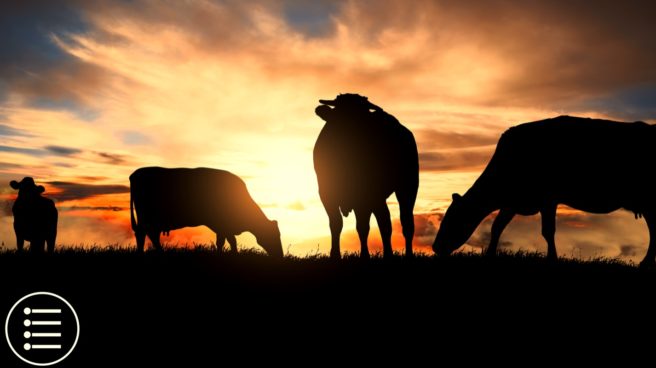
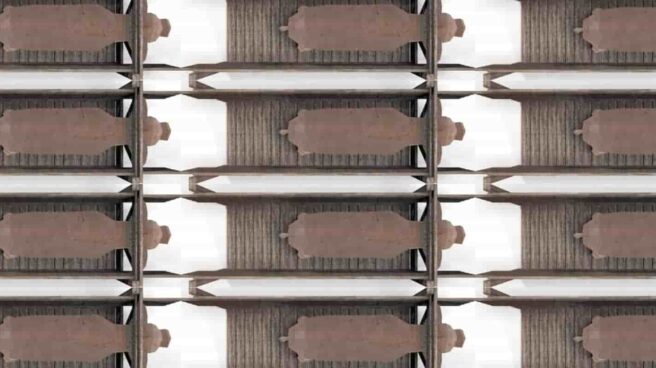
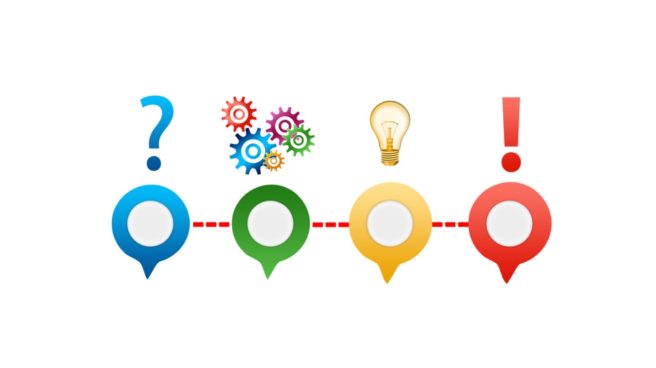
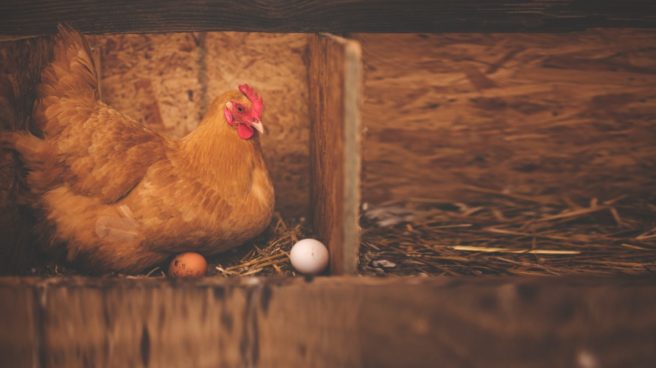
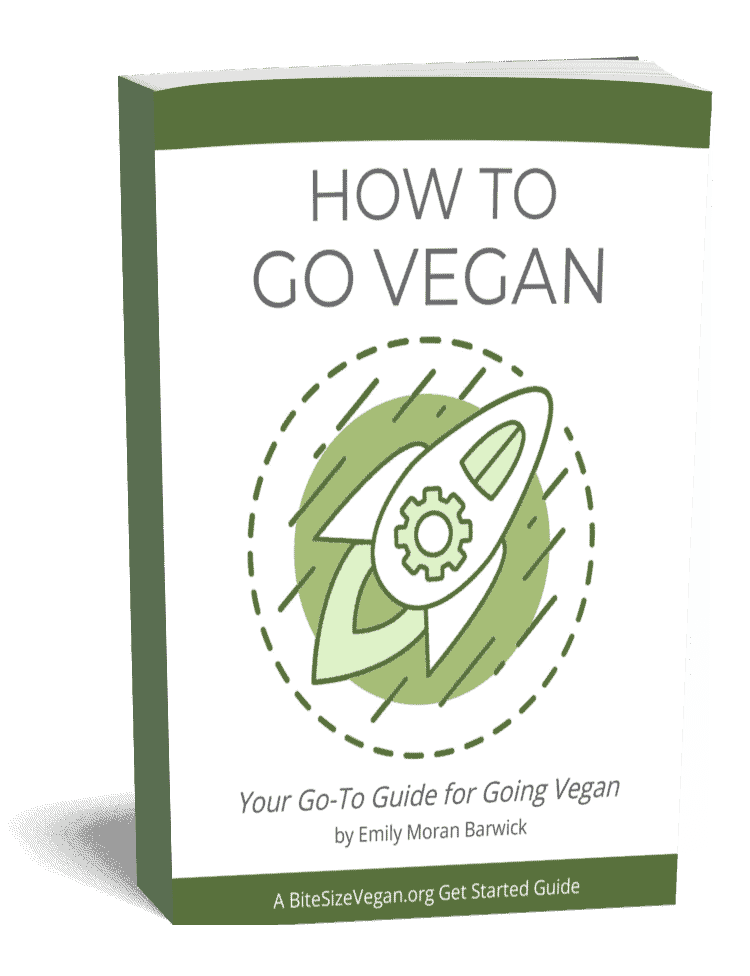
also-is it humane to force workers in these environments n conditions-especially child abuse issue-re 4-H clubs-labor laws for children on farms etc-very harmful-see war amputees children amputees caused by farm work,or slaughterhouse or butcher work-i worked as child in grandpas meat shop during summer break-saw pigs heads eyes pen-,etc
Great video which I’ve shared with others..I recently came across this informational page, which lists loopholes of what’s allowed in “humane” and “organic” etc:
https://awellfedworld.org/humanefacts
which in addition to your video we can pass on to well meaning people we know.
I had not heard of (or heard but forgot about) AWFW…just the organization A Well Fed World that combines animal protection with working to end world hunger is a better alternative than that, what’s it called, Heifer? Some organization whose “solution” is to keep people dependent on owning and exploiting animals..If there are other orgs or resource pages anyone knows about (or if AWFW has a negative side) please share. thanks.
I have come across your website after my husband played a video of yours about why we should not consume dairy products. I don’t expect that my comment will be published, but I would like to ask you a couple of questions. I will give you some background on myself. My father was a third generation dairy farmer. He returned to his roots to take over the family dairy when I was 12. I lived on the family farm until I was 18. I don’t work in the dairy industry as an adult now. I didn’t always help with twice daily milking, but I have been in the barn and helped more times than I can count with my father and watched many times as a child with my grandfather. I have bottle feed calves, as did my brother. We had around 100 cows, give or take.
I’ll start with what I heard from you that I agree is true: baby calves are taken from their mothers soon after birth. They are bottle feed afterwards, I have some very fond memories bottle feeding baby calves. I’m not going to dispute it is little sad to think about babies not being with their mothers, but would you say people shouldn’t have a pet kitten or puppy because they are taking away from their mothers? I doubt you would. As for the claim that someone couldn’t sleep from the noise of distraught cows keeping them up at night that seems unlikely to me. I had zero sleepless nights from this. I didn’t hear any such noises on our farm. Again I will compare it somewhat to getting a new puppy they might be sad and whimper a bit the first night. I cannot imagine it to be more than that as dog are more loyal than cows.
As for rape cages….we didn’t artificially inseminate our cattle, we didn’t put them in a “rape cage” either. They naturally bred out in the fields on their own free will with one bull. As for making them continue to get pregnant over and over…..let me ask you this: What do you think would happen if we had all cattle free? Do you not think they would mate and get pregnant once a year? Of course they would! Look at stray cats and dogs. Heck I’m sure you heard the phrase going at it like rabbits. We have hunting seasons for deer, turkey, etc for population control. We have heard campaigns for years on the important of spaying and neutering cats and dogs. Animals are not like humans, well most humans, which give thought to outcome of sex leading to pregnancies. Animals will go off their innate instinct to breed.
As you state the cows need to be pregnant to produce milk. Surely you realize what happens when a cow has a baby that dies and the cow isn’t milked. It is painful and can lead to mastitis. It doesn’t hurt a cow to be milked. As a matter of fact, much of the cattle would gather up by the field near the barn around milking time. When they entered the barn they are fed while they are milked. After a cow has been milked a couple times they rarely kicked at the milkers like they bothered them at all. You could hear the sounds of the milking equipment mainly in the barn. They didn’t cry out in pain or frantically try to get out. Some cows would take their sweet time actually getting out of the stall when the milkers came off.
I don’t doubt there are large corporate dairy business that might be apt to do some of the things you mention to some capacity. I can say of several family dairy farms I have been to on more than one occasion it isn’t as you describe. So that leads to the question, or it did me, how many family farms are there compared to corporate ones? So I went to the internet to look. I found myself looking at the USDA website, as I figured they would be accurate since they regulate. Here are some facts I found there:
– The average herd size on a dairy farm is 187 cows.
– The vast majority (86%) of U.S. dairy farms have less than 200 cows.
– 97% of farms are family owned.
Those stats lead me to think that a good portion of the farms are comparable in size to the one I lived on.
I could as an animal lover, understand somewhat your plea for not eating meat (although I think they are here to be food for us) more than the not consuming dairy. I won’t disagree that I would be in support of more humane slaughtering practices.
Why not just get your milk from a small local dairy farm? Have you ever visited a farm to see a full milking? I seems to me you are judging the whole dairy industry on a possible few. Do you do that for everything you consume or product you purchase?
I sincerely would love to hear from you on the few questions I had in this.
Thanks for reading this,
Abby